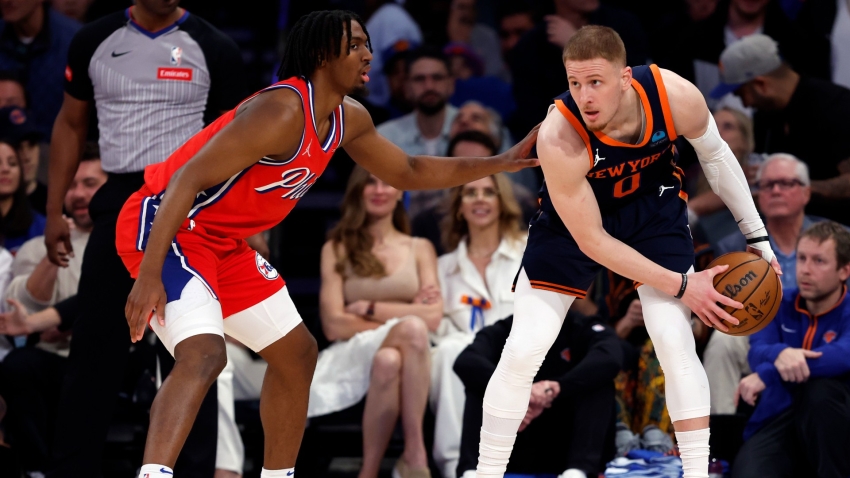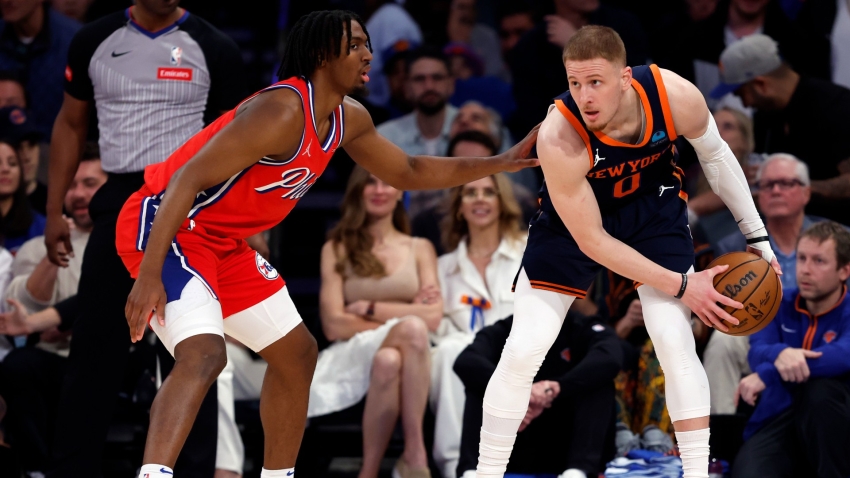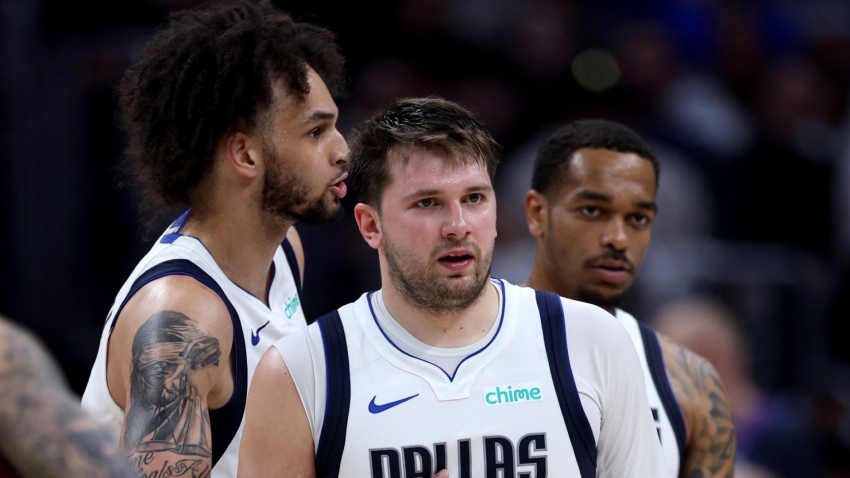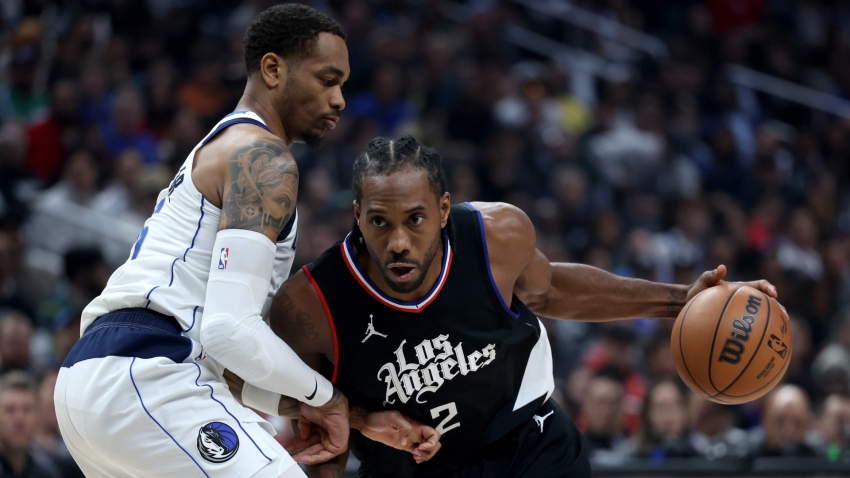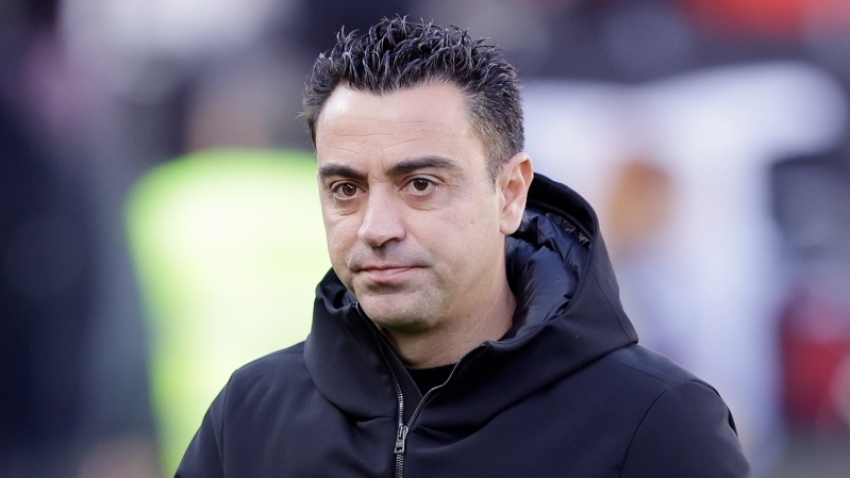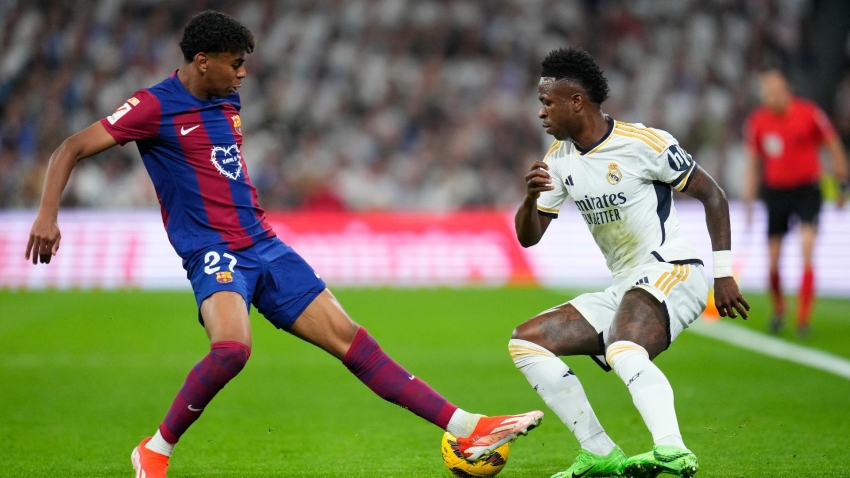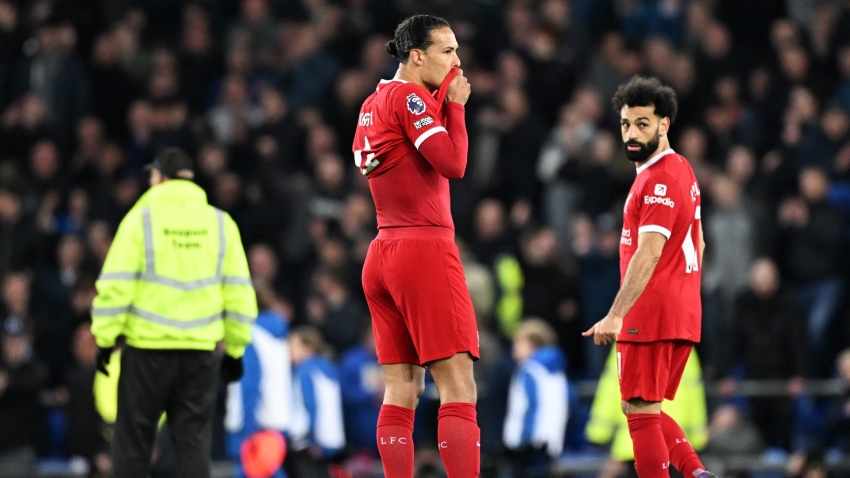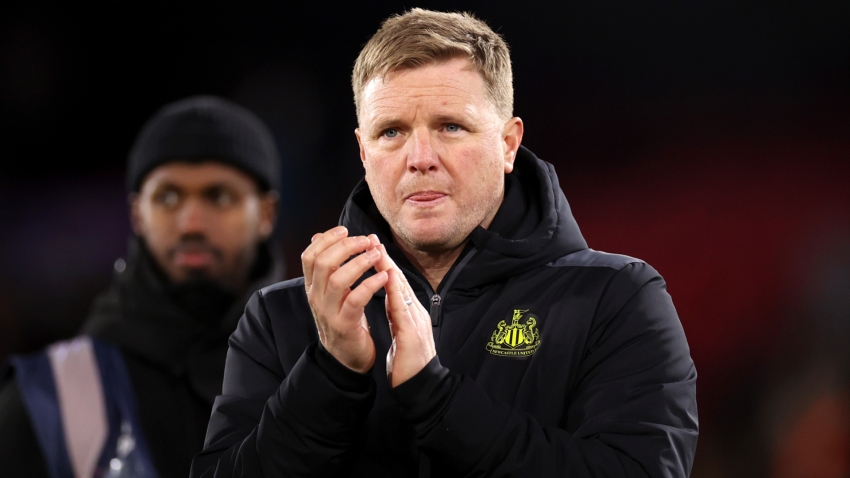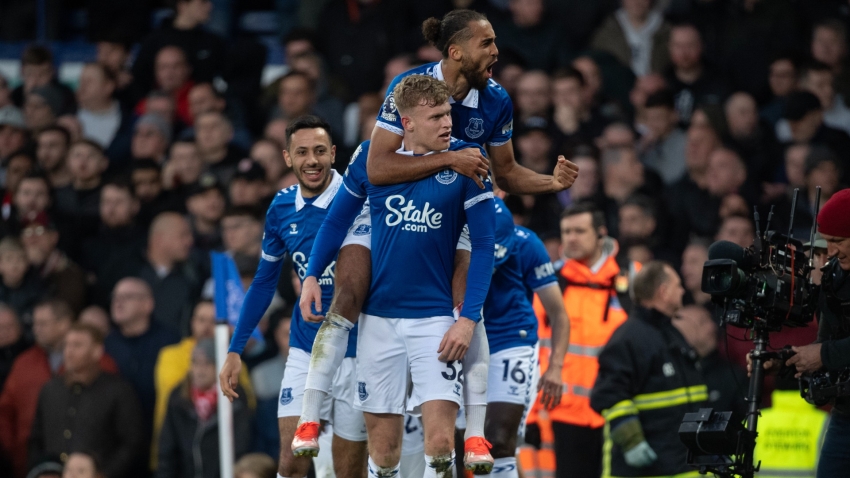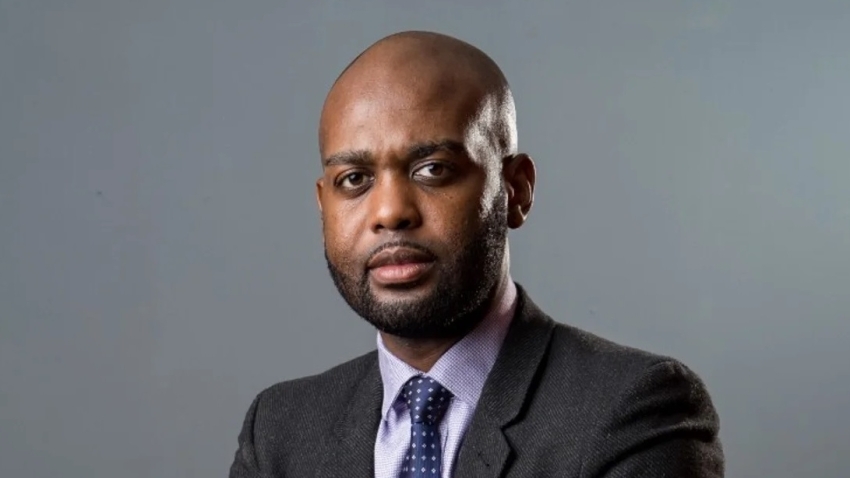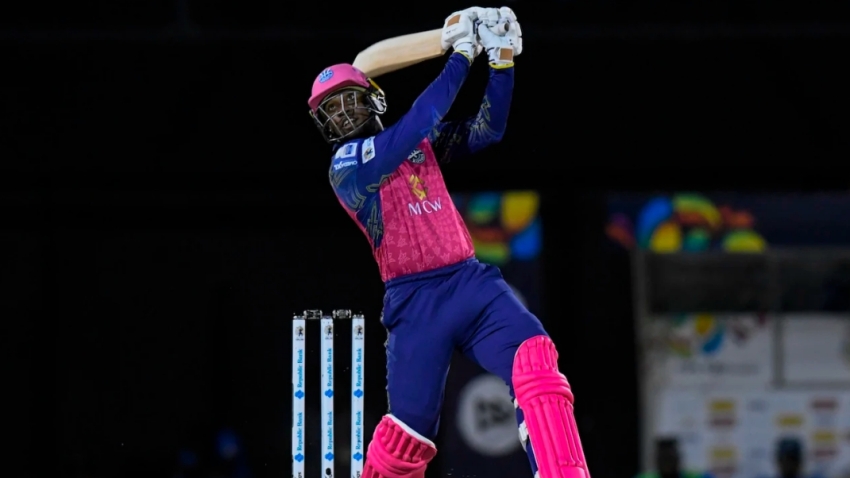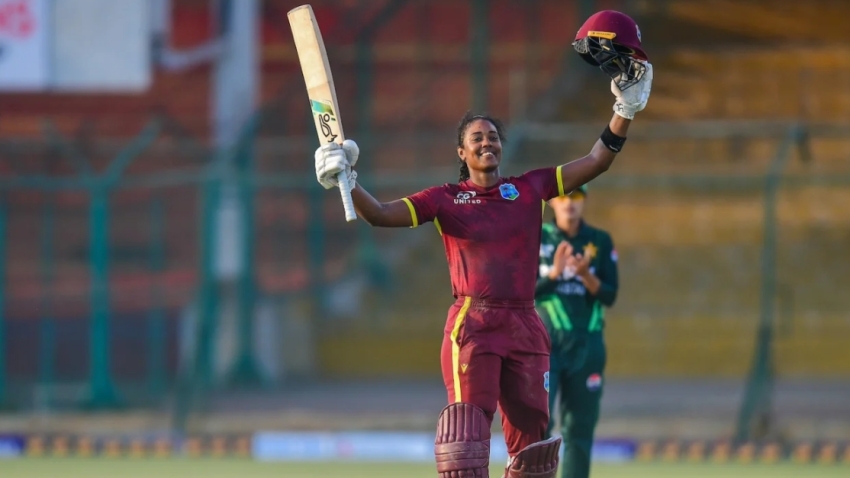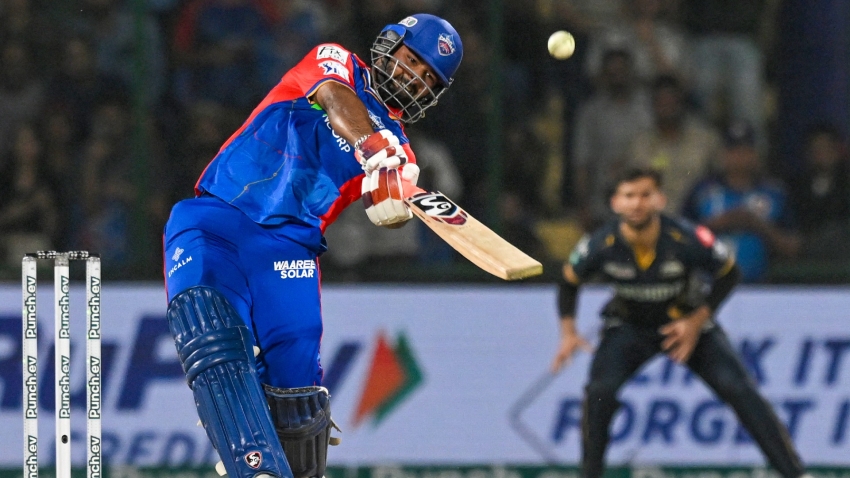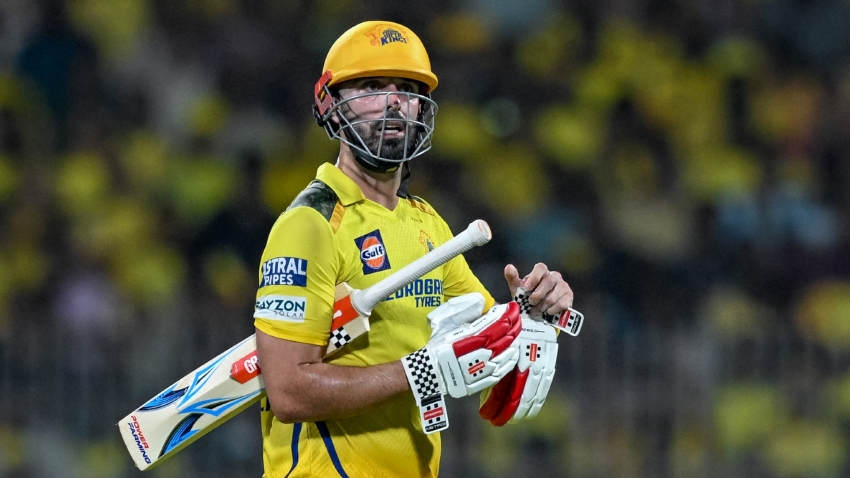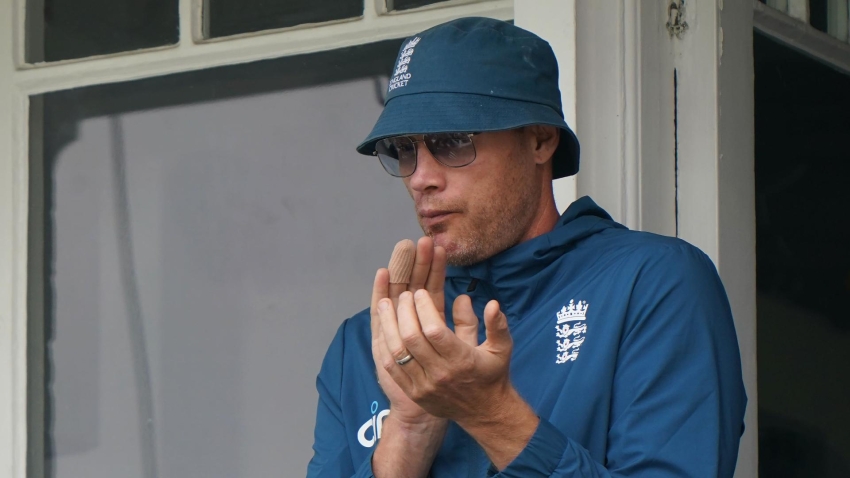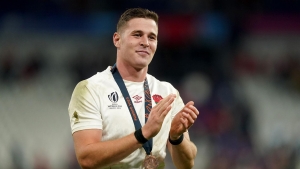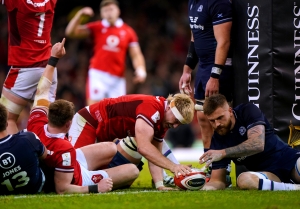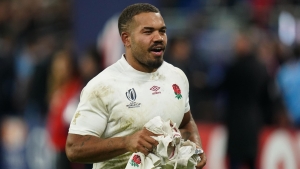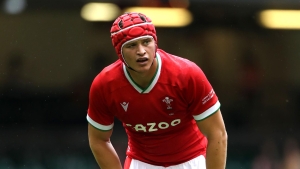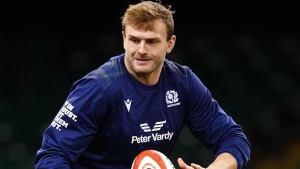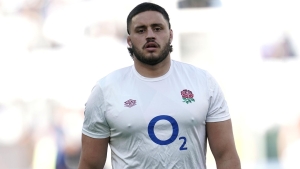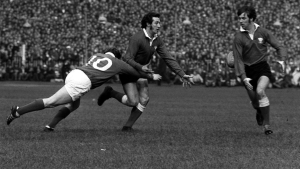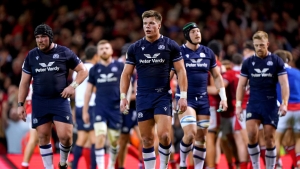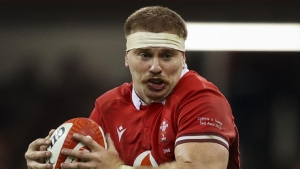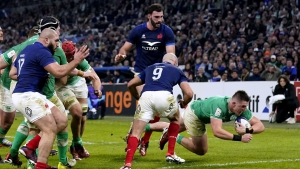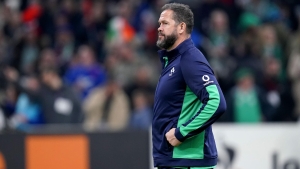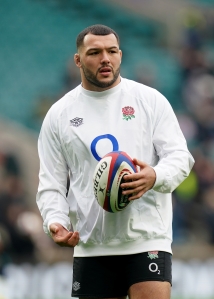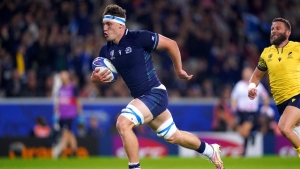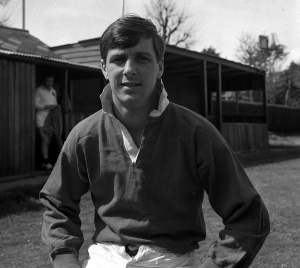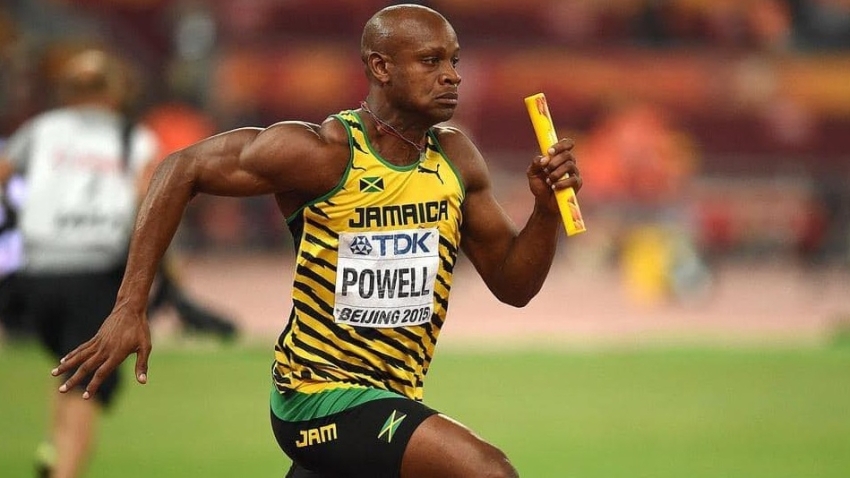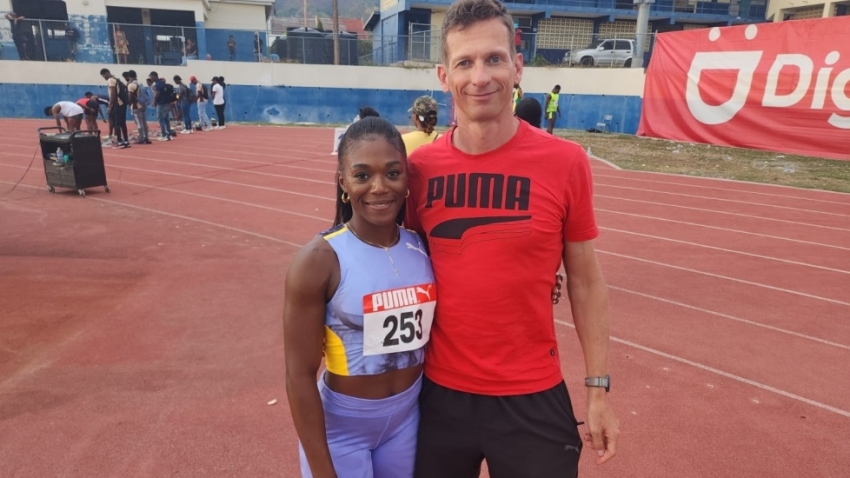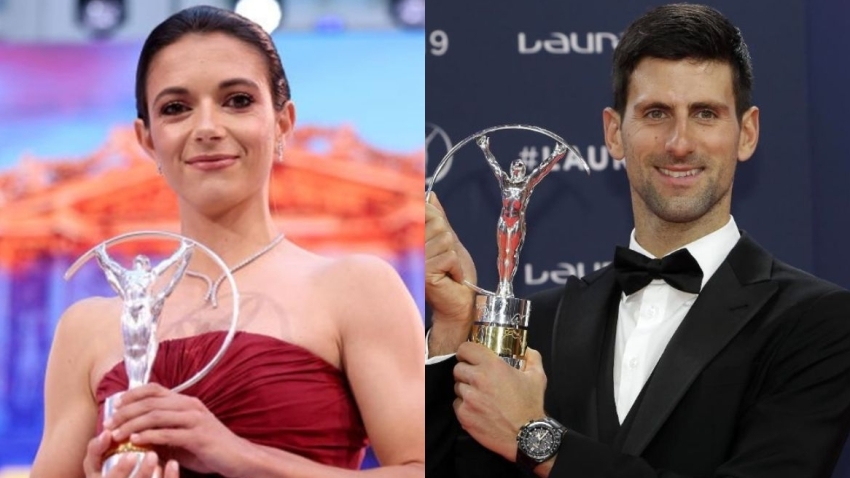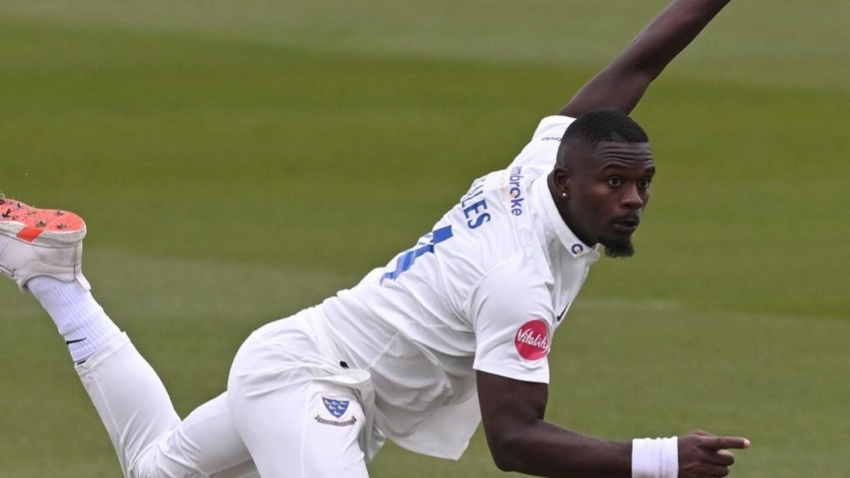Sir Gareth Edwards has described his former Wales and British and Irish Lions half-back partner Barry John as a “mercurial” player who was “a catalyst for so much success”.
John’s death at the age of 79 was announced by his family on Sunday.
He won 25 Wales caps between 1966 and 1972, and was a pivotal performer for the 1971 Test series-winning Lions team against New Zealand.
Such were the quality of his performances on that tour that he was nicknamed ‘The King’ by New Zealand journalists.
John played his club rugby for Llanelli and then Cardiff, where he struck up a half-back partnership with Edwards that went on to flourish for Wales and the Lions.
Edwards and John played together 23 times in Wales colours, plus one Lions Test against South Africa in 1968 and all four in New Zealand three years later.
They won Five Nations titles, Grand Slams and Triple Crowns together, and were dominant figures during Welsh rugby’s golden era.
“There is no doubt that the world of sport – and Welsh rugby in particular – has lost a legendary figure following the death of my great mate, Barry John,” Edwards said.
“He was one of a kind, a mercurial figure on the field, and was a catalyst for so much success for Wales and the British and Irish Lions.
“I spoke to him only last week, and he seemed in good cheer. I was devastated, as were my family and so many others to hear the news of his passing. All our thoughts are with his wife Jan and his family.”
Edwards recalled one of their early rugby meetings ahead of a Wales trial match early in 1967.
“We were both students then,” Edwards said. “He was at Trinity College, Carmarthen and I was at Cardiff Training College, and I rang him up and suggested we should meet before we played together.
“I had a car and was happy to drive from Cardiff, so we arranged to meet on a pitch in Carmarthen. When I arrived at Trinity College, Barry was nowhere to be found.
“There I was, looking immaculate in my green college tracksuit, boots in hand, ready for action, but Barry had apparently forgotten about our meeting.
“I bumped into someone I knew and he said he had seen Barry enjoying himself at a party the night before. He went off and found him, and when he eventually turned up he looked a bit scruffy and didn’t have any boots, just plimsolls.
“I was concerned about my pass, because everyone said it wasn’t very good, and so we had a bit of a throw about.
“He was slipping all over the place, and in the end he came up with the immortal line, ‘Gar, you just throw it and I’ll catch it!’. And that’s how it was for us from there on.”
They travelled the world together, thrilling crowds with their magical brand of rugby and earning global acclaim.
“Lots of people ask me to compare Barry with the other great outside-half I played with for Wales, Phil Bennett,” Edwards added.
“Phil had to have the ball in his hands before he decided what he was going to do, whereas Barry’s computer-like brain was always scanning and summing up his options before he got hold of the ball.
“Barry didn’t have the shuddering sidestep of Cliff Morgan, Dai Watkins or Phil, but he was lithe and much quicker than people gave him credit for, and he could simply glide past people.
“On top of that, he was a fantastic kicker and was never afraid to try things on the international stage that were out of the ordinary.
“What a player, team-mate, friend he was. He may be gone, but he will never, ever be forgotten.”


